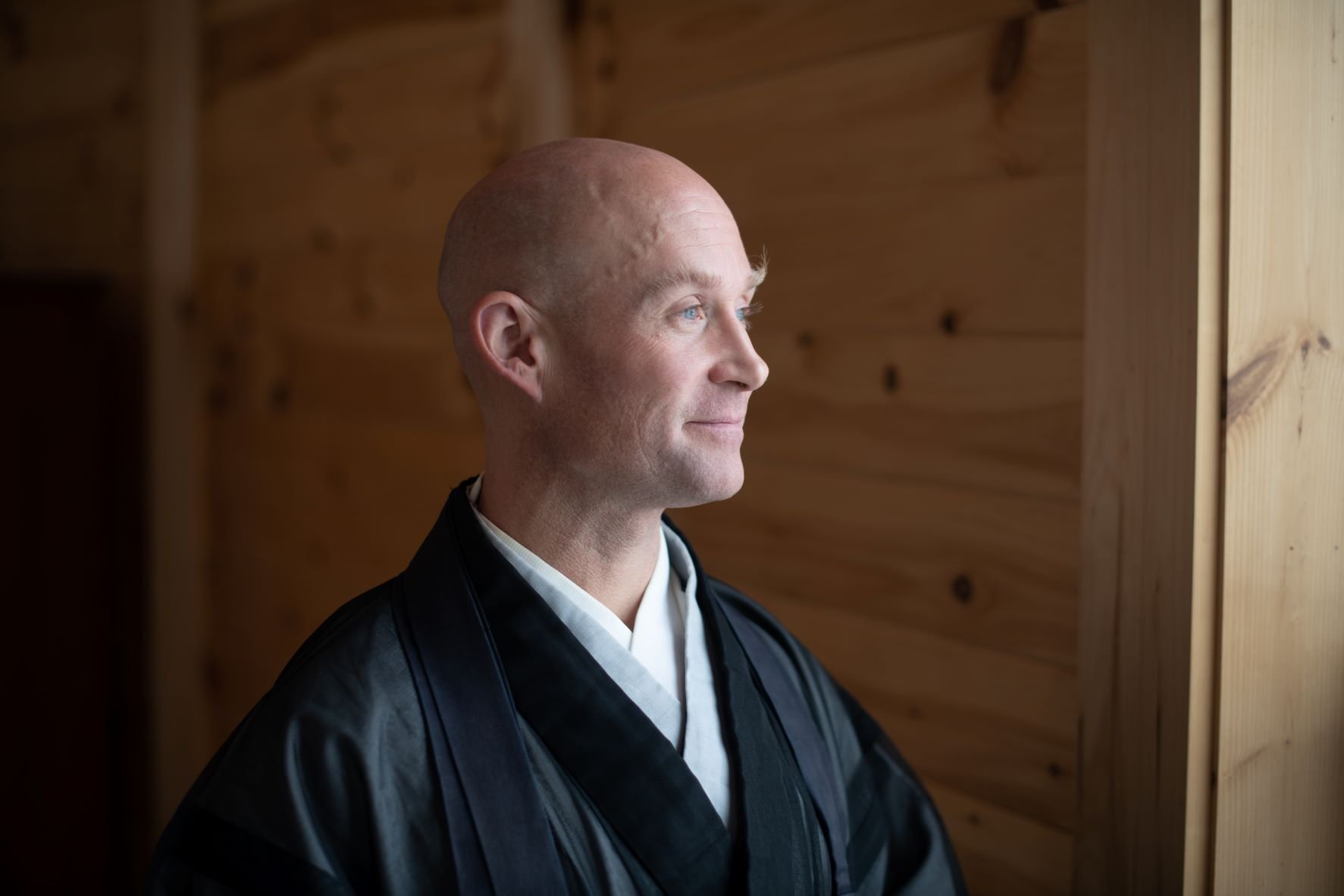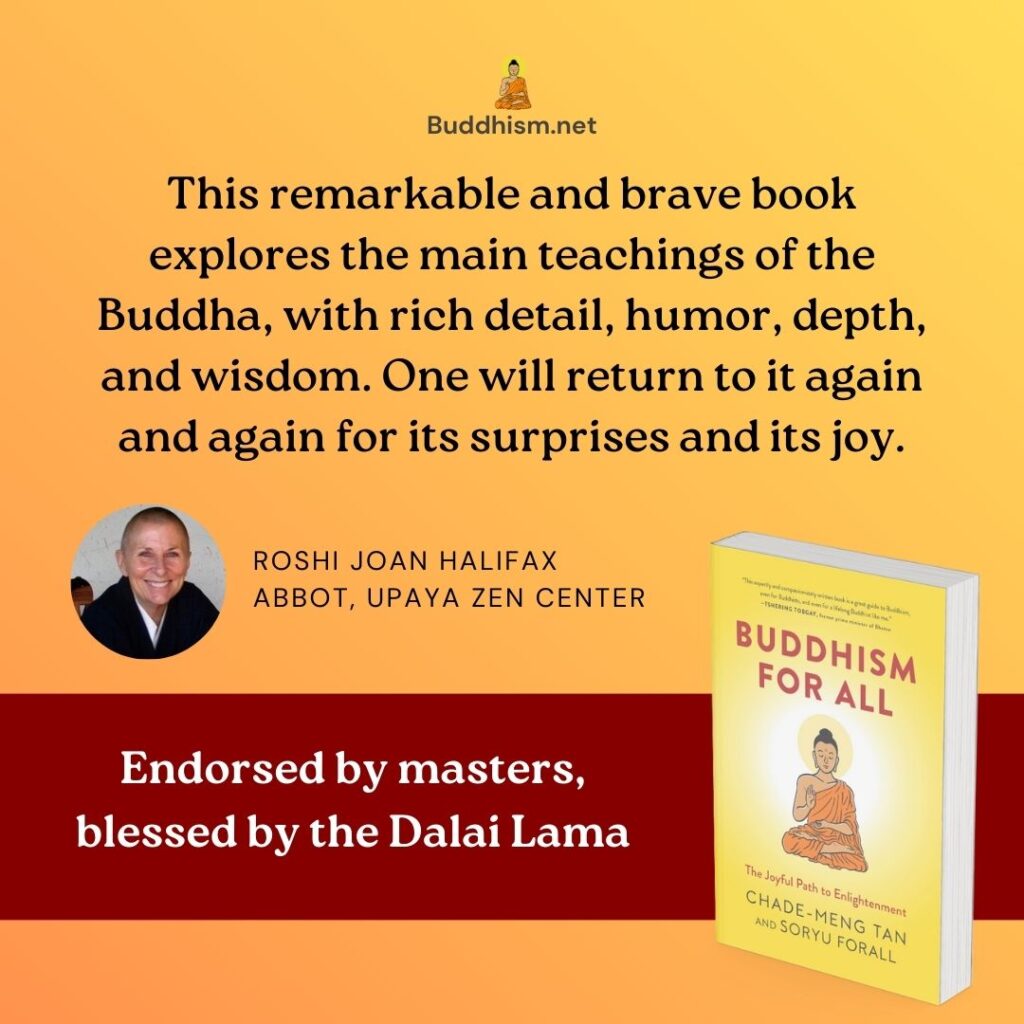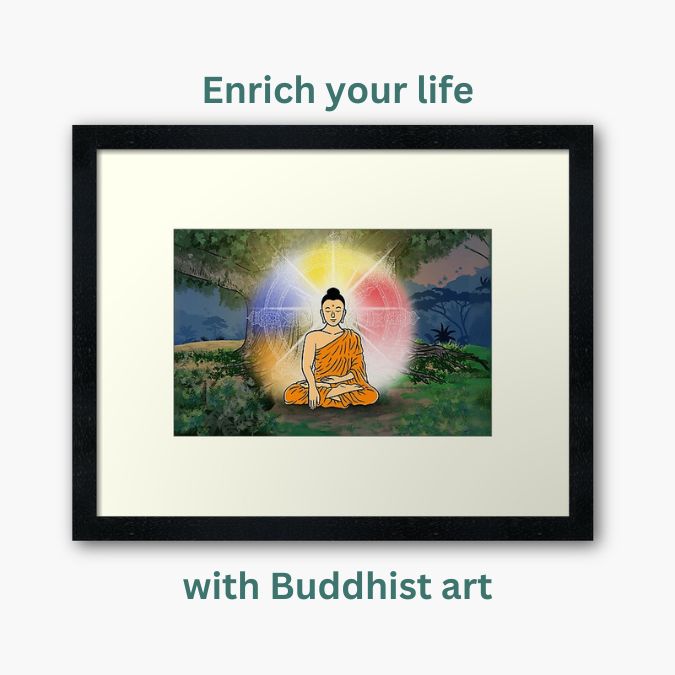
There is no one anywhere who has control over the world. Many people feel that one or more gods are in charge, but none of them are. Many others feel that humans are, or should be, in charge, but we aren’t either, and never will be.
This world is created by natural law and the choices each of us makes within that law. That law is cause and effect, which in Buddhism is called the law of karma. In the same way that physical laws function whether we understand them or not, ethical laws function whether we understand them or not. Each of us is creating the world together. No one is in charge, because all of us matter. Every living thing creates the world in every moment, together.
To grasp to being in charge is suffering. To relinquish that grasping is peace. To not even grasp to peace is compassion. The Buddha, for example, was not attached to the peace he had found, but was willing to be troubled by getting involved in the turmoil of the world, just to help all sentient beings. Compassion saves the world without being in charge of anything at all.
Activities
- Reflect on this post with Angela:
- Buddhism teaches us to be awake to the natural flow in life, to the causes and conditions that are unfolding moment-to-moment for us. Yet, have you ever been confused about whether you should interfere with the flow of your life and try to influence outcomes, or whether you should allow the flow? I find myself asking this question a lot.
- Reflect on what non-attachment and ‘going with the flow’ mean for you.
- Wise beings like Bodhisattvas will focus on planting right and virtuous causes; on the other hand, unenlightened sentient beings are always blinded and caught up in the pursuit of results. If you could apply this practice to your life, what would you change in how you live your life?
- What stood out to you from this article? Why?


